Categories → #classics
-
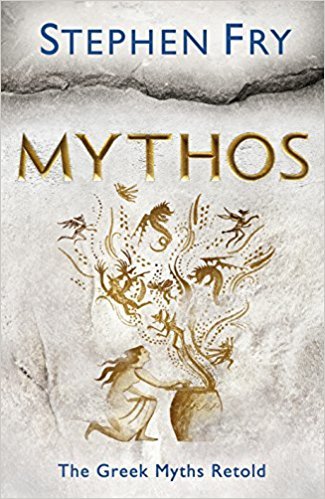 Mythos: The Greek Myths Retold
Mythos: The Greek Myths RetoldCelebrating the thrills, grandeur, and unabashed fun of the Greek myths, Mythos breathes life into ancient tales—from Pandora's box to Prometheus's fire.
-
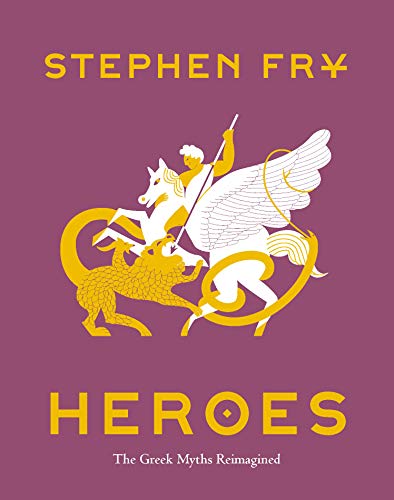 Heroes: The Greek Myths Reimagined
Heroes: The Greek Myths ReimaginedIn this sequel to the bestselling Mythos, legendary author and actor Stephen Fry moves from the exploits of the Olympian gods to the deeds of mortal heroes.
-
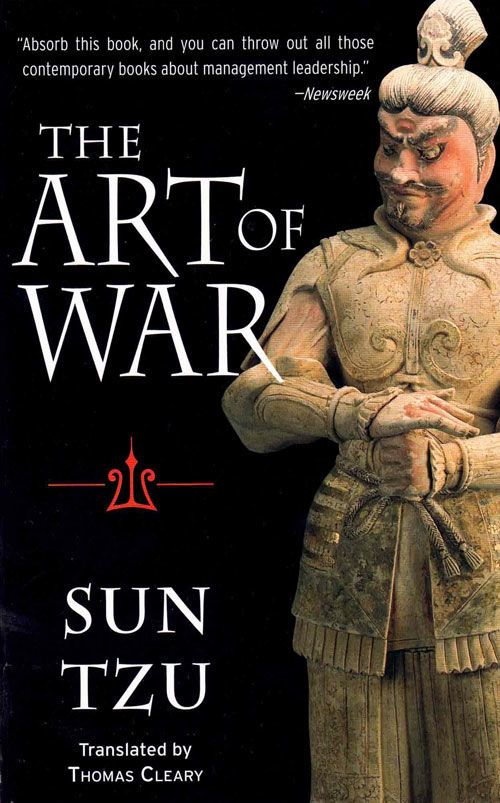 The Art of War
The Art of WarTwenty-Five Hundred years ago, Sun Tzu wrote this classic book of military strategy based on Chinese warfare and military thought. Since that time, all levels of military have used the teaching on Sun Tzu to warfare and civilization have adapted these teachings for use in politics, business and everyday life.
-
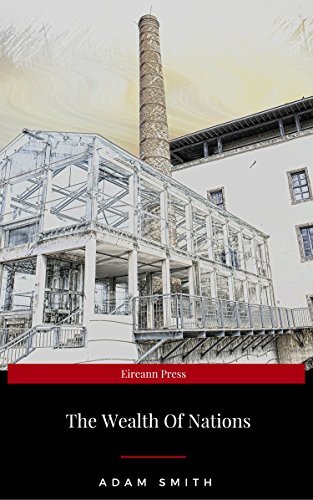 An Inquiry into the Nature and Causes of the Wealth of Nations
An Inquiry into the Nature and Causes of the Wealth of NationsAdam Smith's masterpiece, first published in 1776, is the foundation of modern economic thought and remains the single most important account of the rise of, and the principles behind, modern capitalism.
-
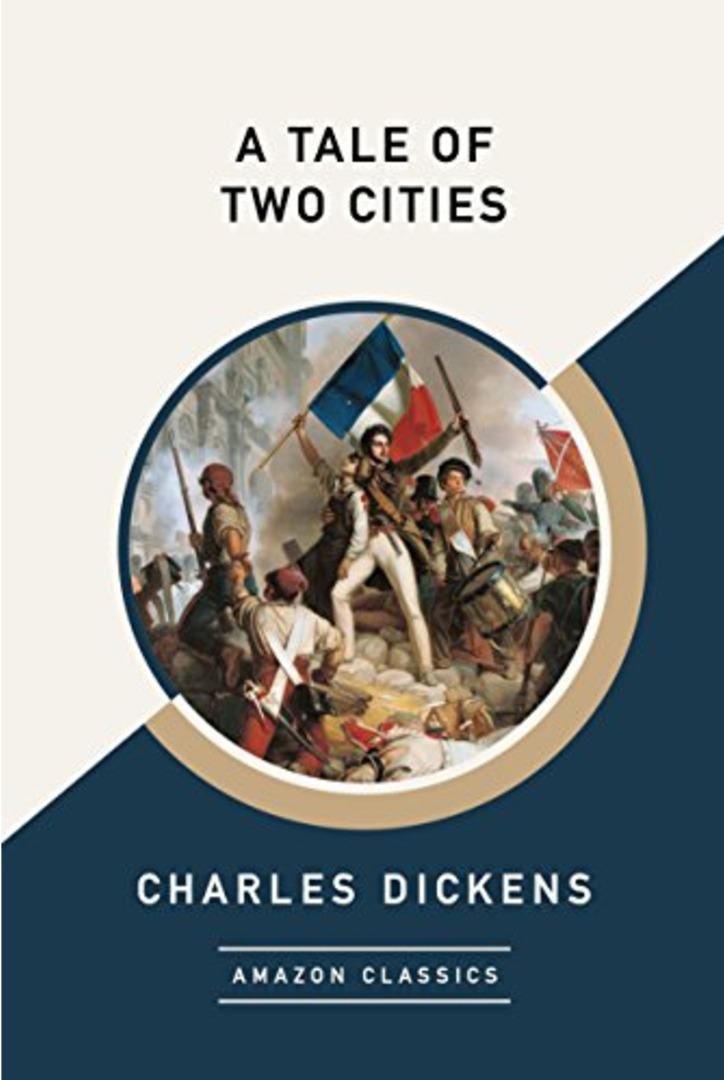 A Tale of Two Cities
A Tale of Two CitiesCharles Dickens’s belief in renaissance is borne out in this epic novel - as cities are overthrown and transformed, as cynics become selfless heroes, and as a “recall to life” becomes not only possible but necessary, for the individual and for society.
-
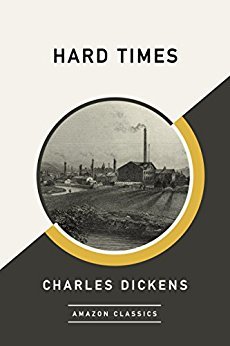 Hard Times
Hard TimesPublished serially in 1854 and packed with page-turning cliff-hangers, Hard Times explores representatives of English society - the disappearing aristocracy, the growing middle class, indigent laborers, and nomadic circus people - as they navigate the ways of Victorian England during the Industrial Revolution.
-
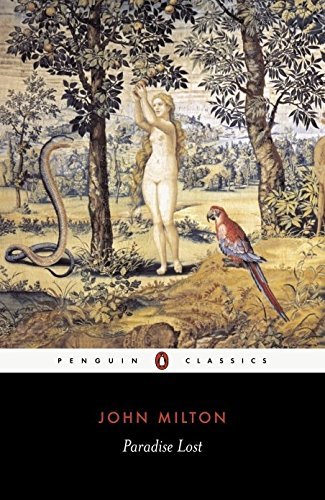 Paradise Lost
Paradise LostJohn Milton's Paradise Lost is one of the greatest epic poems in the English language. It tells the story of the Fall of Man, a tale of immense drama and excitement, of rebellion and treachery, of innocence pitted against corruption, in which God and Satan fight a bitter battle for control of mankind's destiny.
-
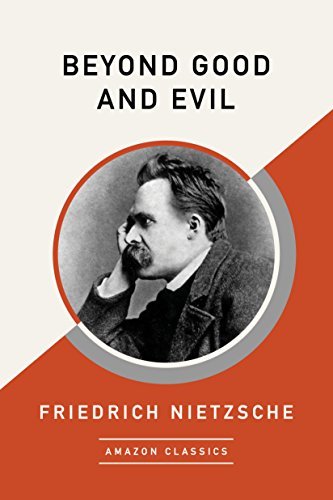 Beyond Good and Evil
Beyond Good and EvilThrough nearly three hundred transformative aphorisms, Nietzsche presents a worldview in which neither truth nor morality are absolutes, and where good and evil are not opposites but counterparts that stem from the same desires.